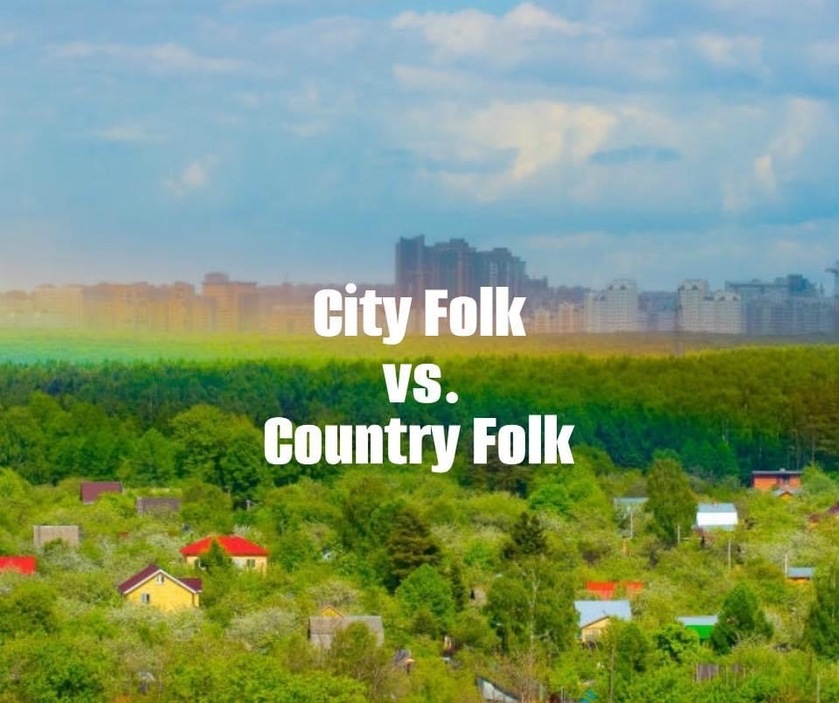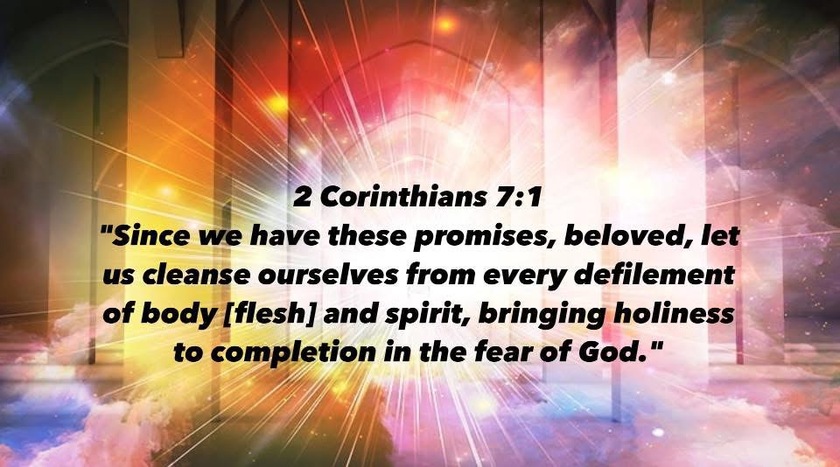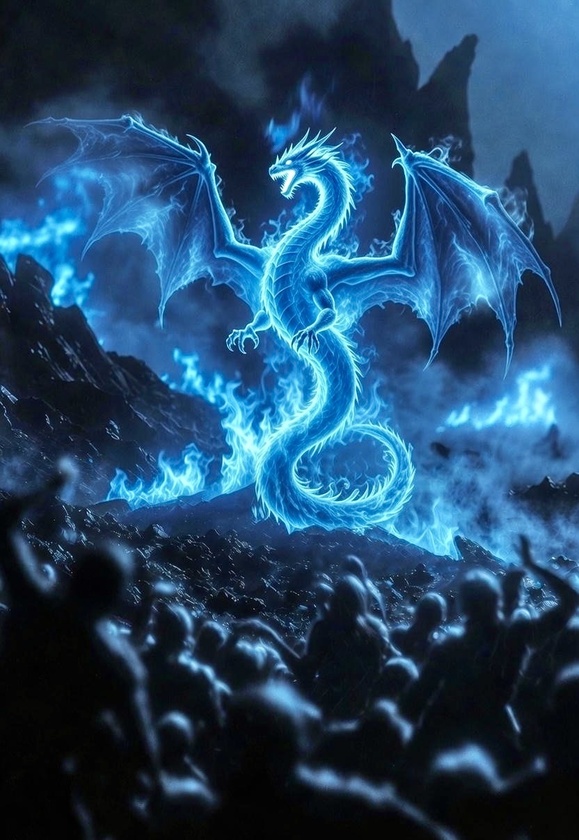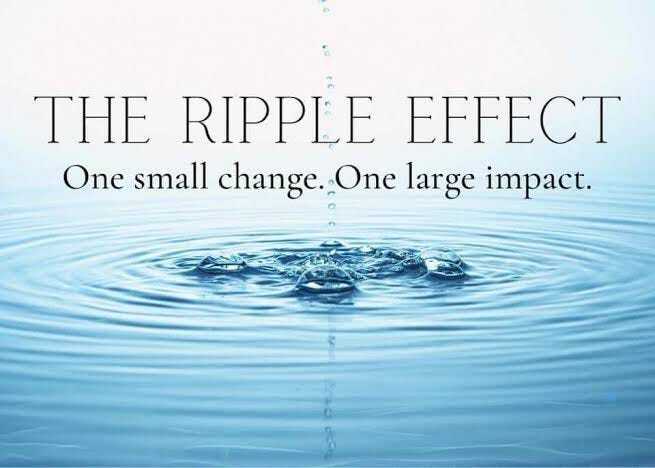The Kindness and Sternness of God
Micah 4:5
"Though the nations around us follow their idols, we will follow the Lord our God forever and ever."
The prophet Micah had a courageous independent spirit, and he stood up and spoke out for the little guy, for the people oppressed by greedy rulers. He's been called “the defender of the poor,” “the prophet of the coming Deliverer,” and “the common man’s prophet.” He was a farmer, a "tiller of the soil" in the hill country of Judah near the Philistine plains. His passion was not only for politics, but largely for spirituality and morality. He was good wholesome country folk. He wouldn't have been very much attuned to the ideology of the political classes of the city folk in Jerusalem. His ideology would instead be governed like most in the farm lands, according to the blessings and sovereignty of God and according to his holiness. He wouldn't have had much appreciation for the ruling class and the reckless plutocrats oppressing the rural people with injustice and economic plunder. He would have seen most of the city folk as governed by greed. His attitude towards the people of the cities would have been that they did not know the true will or truth of The Lord. Not deep down in their hearts. And so it would be a natural conclusion for him to see the coming destruction of that city as God's judgment and justice.
Micah isn't all about doom and gloom. Following his prophetic diatribe about the city folk and all the cruel and wicked rulers there, Micah proclaims a messianic prophecy. In fact many believe his words are those to which Jesus Christ himself may have been referring to in Luke 24:46-47 when he was opening the minds of his disciples to the scriptures, following his resurrection, on that road to Emmaus...
“Yes, it was written long ago that the Messiah would suffer and die and rise from the dead on the third day. It was also written that this message would be proclaimed in the authority of his name to all the nations, beginning in Jerusalem: ‘There is forgiveness of sins for all who repent.’"
And of course Micah also gives us that wonderful prophecy about the coming Messiah in Micah 5:2-4. about his village of birth, Bethlehem. No doubt it pleased Micah to know that the coming salvation of all humanity would be coming from a small town country boy and not some erudite aristocratic city dweller.
I imagine Micah being that guy who says things in simple straight forward terms. In my mind he'd be that guy that would say, ‘The Bible says it, I believe it, and that settles it’. And I imagine him also saying "city slickers" in disgust as he rolls his eyes talking to the good people in the village marketplace.
When you examine Micah's prophecy you can see that the greedy city people are not unlike so many we see even today. They rebuked his words then in the same way they would today. As Micah is saying in his own unique way, ‘The Bible says it, I believe it, and that settles it’, they'd be calling him a fundamentalist. They'd be quick to tell the prophet that his sentence of divine judgment on the nation of Israel and on themselves was absurd and impossible. That he's an uneducated country bumpkin with no authority to preach against the city elites. And preachers throughout Jerusalem would be writing themes and giving sermons about how dangerous it is to take God's word so seriously. They'd disown Micah's words of warning, and deride his methodology, and instead be preaching caution when handling the word of God because of cultural context, and the environmental influencers that enter into its message. And in effect they'd be denying God's Spirit of Truth for the sake of more comforting themes.
Micah and the city elites were coming from two very different perspectives. These city plutocrats made the poor country folk their debtors and robbed or bought their land for a small price. They forced indentured labor from them and subjected them to horrible living conditions. And they forced their prophets and preachers to say the things that profited them most. In contrast to this Micah was the champion for the farm folk. He cried out in the name of the Lord in defense of these oppressed people, but even beyond that he spoke about the judgment of God for all the people who lived in disobedience. And he spoke about what God's blessings are going to be for those who repent and follow God's Messiah.
Micah taught in a simple but forceful way that Jehovah God is holy, just, and righteous. But he didn't fool around with that message. He was clear that the righteous One blessed only those who did what was right. And he clearly lays out the truth and the consequences for those who stubbornly rebel against God's judgments. Micah forcefully indicts the nation of Israel for oppression; bribery among judges, among the false prophets, and among the corrupt priests. He exposed their exploitation of the powerless; covetousness; cheating; violence and pride. And he contrasts all that with promises of God's blessings. Micah's vision is one of both the kindness and the sternness of God. Not unlike what the apostle Paul does...
Romans 11:22
"Notice how God is both kind and severe. He is severe toward those who disobeyed, but kind to you if you continue to trust in his kindness. But if you stop trusting, you also will be cut off."
Listen well reader...Micah's simply truth is for every generation. And remember well the words of Joshua...
"But as for me and my household, we will serve the Lord."




















